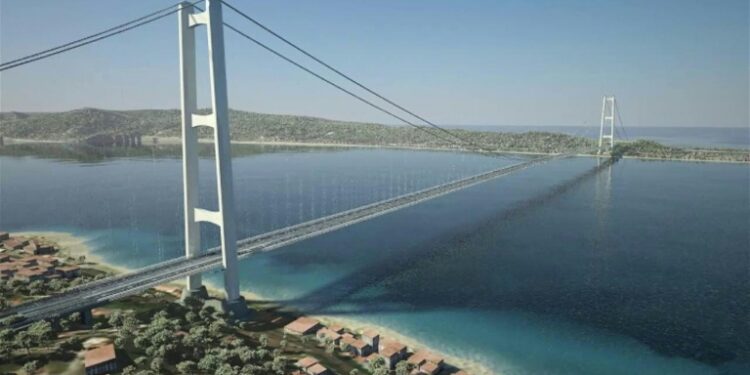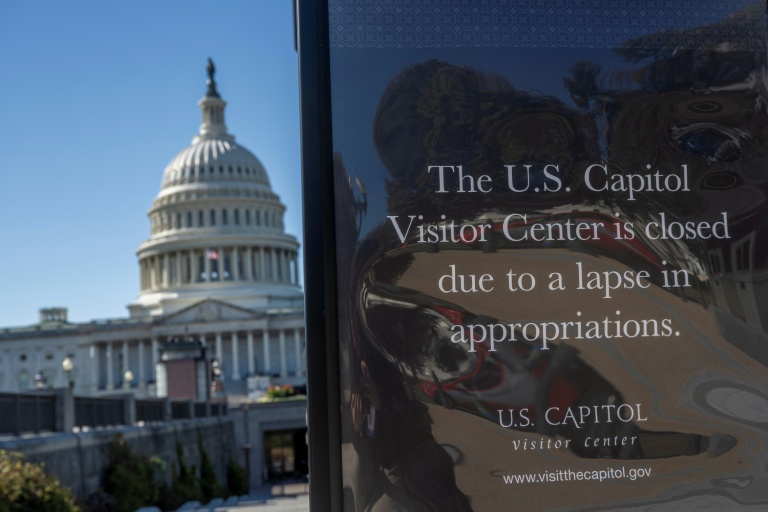Rome (AFP) – Italy’s government said Thursday it would address concerns over a new bridge to Sicily, after Prime Minister Giorgia Meloni condemned a court ruling against the project as an “intolerable intrusion”. Meloni’s government in August approved the 13.5-billion-euro ($15.6-billion) project to build what would be the world’s longest suspension bridge connecting the island of Sicily to the mainland. However, in a ruling late Wednesday, the Court of Auditors, which oversees public spending, refused to approve the decision. It stated it would provide its reasons within 30 days but had requested clarification about the documentation and costs involved last month.
Meloni, leader of the far-right Brothers of Italy party, criticized Wednesday’s ruling as “yet another encroachment on the jurisdiction of the government and parliament”. “The constitutional reform of the justice system and the reform of the Court of Auditors, both under discussion in the Senate and close to approval, represent the most appropriate response to this intolerable intrusion, which will not stop the government’s action,” she stated.
At the same time, Matteo Salvini, head of the far-right League party and deputy prime minister and transport minister, who has championed the bridge, suggested that the ruling seemed to be a “political choice”. Yet on Thursday, following an emergency meeting called by Meloni with her ministers, the government adopted a more conciliatory tone. “We await with extreme calm the Court of Auditors’ findings, to which we are confident we can respond point by point, because we have complied with the requirements,” Salvini told reporters.
In a statement, Meloni’s office confirmed that the government would respond to each complaint, adding that “the objective… to proceed with the project remains firm”. Italian politicians have debated a bridge over the Strait of Messina, a narrow stretch of water between Sicily and the region of Calabria, at the toe of Italy’s boot, for decades. “We have waited a century, and we will wait a century and two months,” Salvini added.
The approval in August by a government committee, CIPESS, is the furthest the project has ever progressed. Advocates argue that the state-funded project will provide an economic boost for the impoverished south of Italy. The government also hopes the bridge can be classified as a strategic asset, with its costs counting toward the money Italy has committed to spend on defense as part of the NATO military alliance.
However, critics warn that the project risks becoming a financial black hole. It has also sparked local protests over its environmental impact, along with complaints that the funding could be better utilized elsewhere. The Court of Auditors stated on Thursday that its decision was based on legal aspects of the approval of the bridge, not on the project’s merits. In a strongly worded decision, it asserted that any criticism of its decisions “must be conducted in a context of respect for the work of the magistrates”.
Throughout three years in office, Meloni and her ministers have frequently targeted the judiciary for decisions they claim are politically motivated. On Thursday, Parliament approved a reform aimed at separating the training, careers, and status of judges and prosecutors, whom right-leaning governments in Italy have long accused of colluding to the detriment of the defense. This reform must now go to a referendum.
© 2024 AFP






















